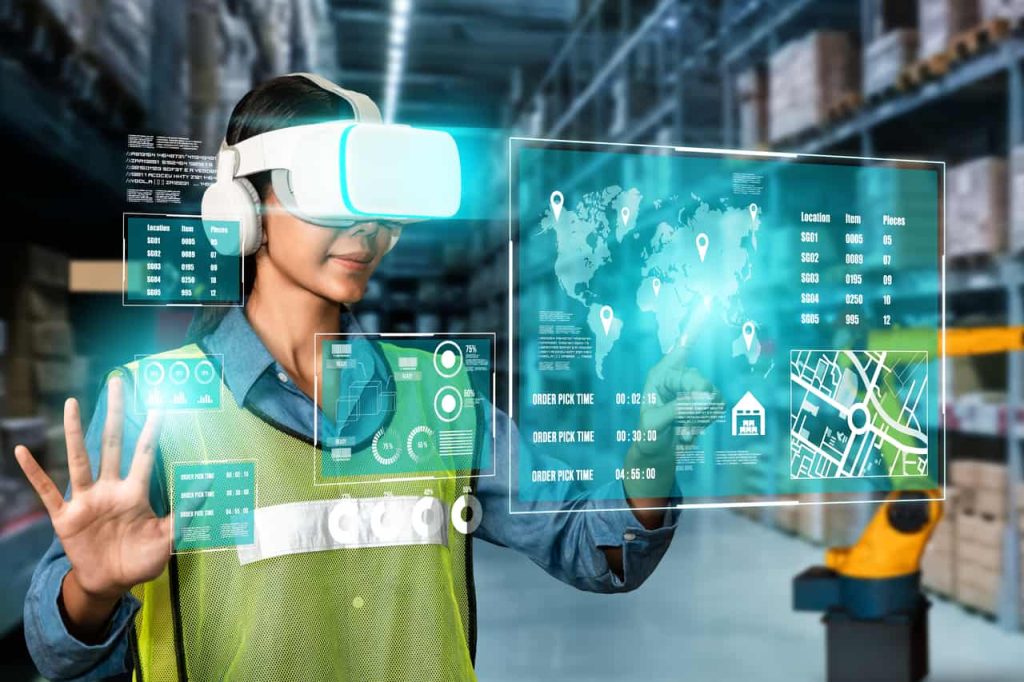6 Technology Innovations Reshaping the Global Logistics Industry
The logistics sector is undergoing a profound transformation, driven by rapid advancements in technology. These innovations are not only optimizing operations but also redefining supply chain management, customer service, and sustainability standards across the globe. Below are six key technology trends that are reshaping the global logistics landscape:

1. Automation and Robotics
Automation is becoming a backbone of modern logistics. From automated sorting systems to autonomous forklifts and drones, robotics help streamline warehouse operations, reduce human error, and cut down on labor costs. Major logistics hubs are investing heavily in robotic process automation (RPA) to enhance speed and efficiency in both storage and delivery.
2. Artificial Intelligence (AI) and Machine Learning
AI is enabling smarter logistics by providing predictive analytics for demand forecasting, route optimization, and inventory management. Machine learning algorithms can analyze large datasets to anticipate disruptions, optimize delivery schedules, and improve customer satisfaction. AI-powered chatbots are also transforming customer support by offering 24/7 real-time assistance.
3. Internet of Things (IoT)
IoT technology enhances supply chain visibility by allowing real-time tracking of shipments, containers, and even temperature-sensitive goods. Smart sensors embedded in vehicles, containers, or cargo help monitor location, humidity, temperature, and other critical parameters, ensuring product integrity throughout the journey.
4. Blockchain for Transparency and Security
Blockchain is revolutionizing logistics by providing secure, tamper-proof records of every transaction and movement in the supply chain. It enhances transparency, reduces fraud, and speeds up paperwork processing. Through smart contracts, stakeholders can automate agreement execution, thereby saving time and minimizing disputes.
5. Green Logistics and Sustainable Technology
Sustainability is a growing concern in logistics. Companies are adopting eco-friendly practices such as electric delivery vehicles, carbon-neutral shipping, and alternative fuels. Technologies that optimize fuel consumption, reduce packaging waste, and enable reverse logistics are being prioritized to meet environmental regulations and consumer expectations.
6. Cloud Computing and Digital Platforms
Cloud-based platforms are transforming how companies manage logistics data, collaborate with partners, and scale operations. These systems allow for seamless integration across supply chain participants, improving decision-making and operational agility. Digital freight marketplaces and logistics platforms are making it easier than ever to connect shippers with carriers.
Conclusion
The logistics industry is no longer just about moving goods from point A to B—it’s now a tech-driven, intelligent ecosystem. As these innovations continue to evolve, businesses that embrace and adapt to them will gain a significant competitive edge in global markets. Whether it’s through automation, data analytics, or sustainable solutions, the future of logistics is being built today, one innovation at a time.
Read more:
Dịch vụ vận chuyển đồ thờ đi Canada bằng đường biển
Chuyển phát nhanh hàng hoá từ Hải Phòng đi Hồ Chí Minh

